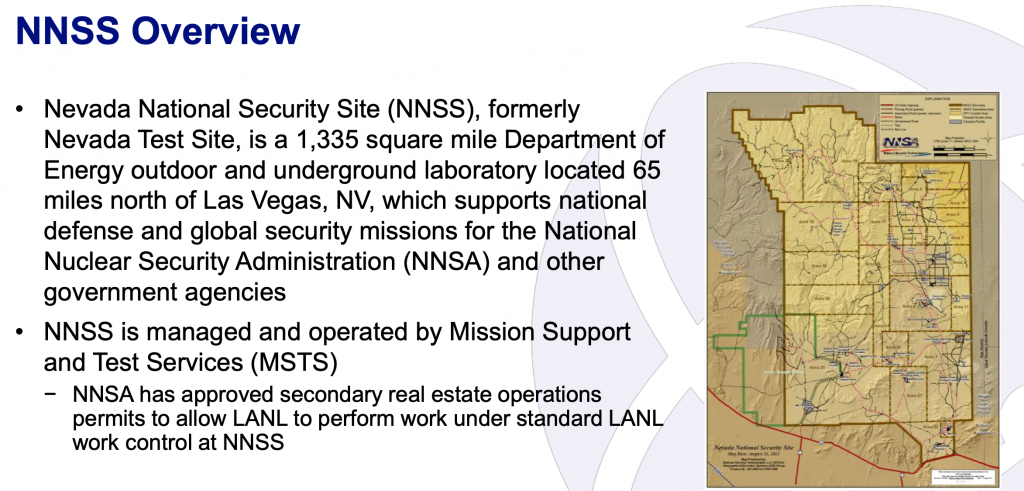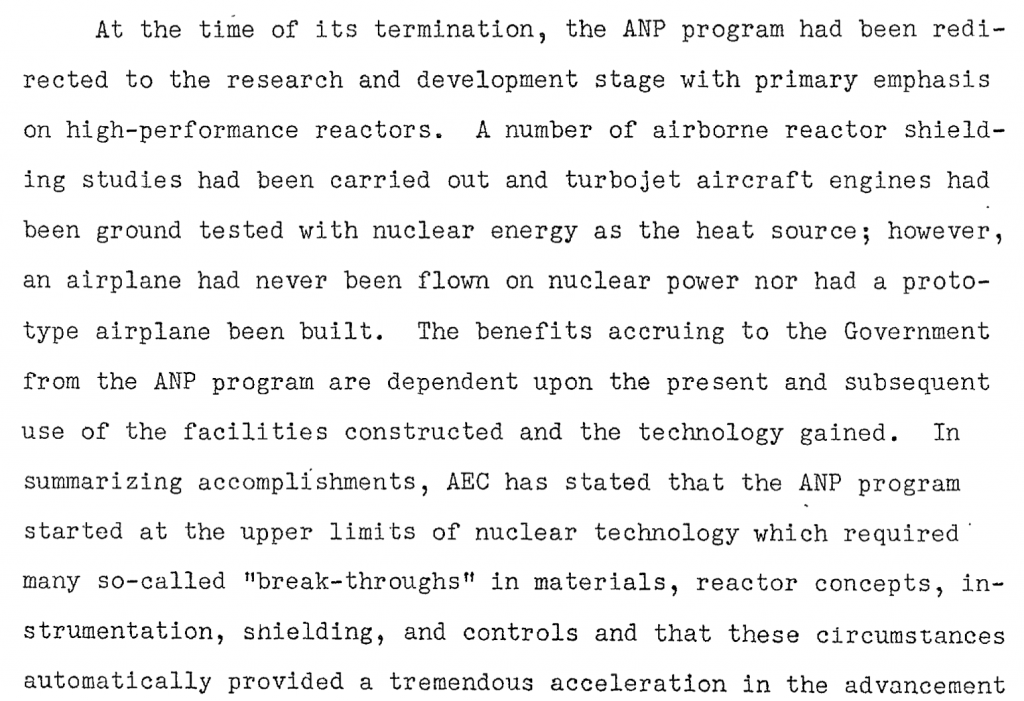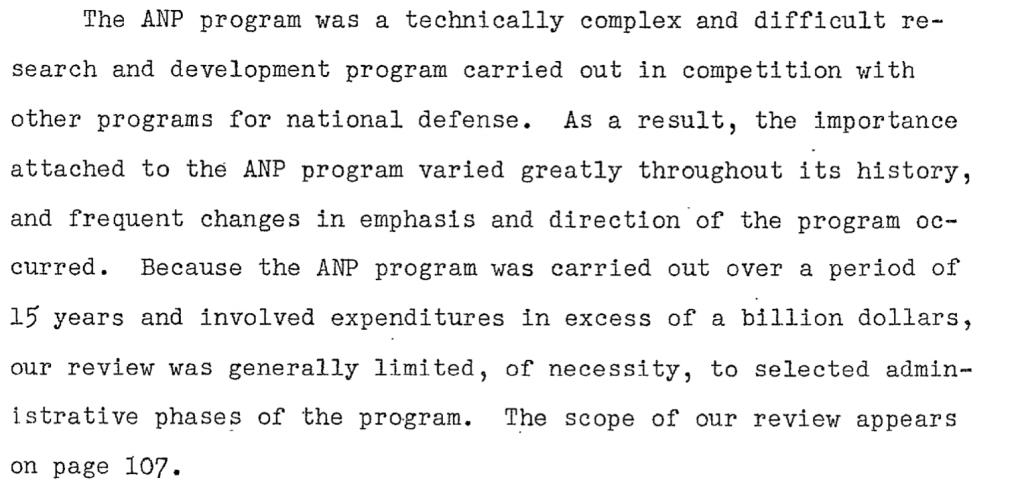Some excerpts from President Macron’s 2020 speech on France’s Defense and Deterrence Strategy:
Seeking peace, France is committed to a disarmament approach, which furthers global stability and security. France has a unique track record in the world, in keeping with its responsibilities and interests, having dismantled irreversibly its land-based nuclear component, its nuclear test facilities, its fissile material for weapons production facilities, and having reduced the size of its arsenal, which is currently under 300 nuclear weapons. These decisions are in line with our rejecting any type of arms race and our keeping the format for our nuclear deterrent at a level of strict sufficiency.
Every day, I take on this ultimate responsibility, which is at the core of the duties of President, with the strongest determination. It is carried out through nuclear deterrence. Like the transparency and the trust we owe to the international community, which is part of our responsibilities as a “nuclear-weapon State” under the NPT, exercising deterrence requires a strictly defensive, clear and predictable doctrine, the main foundations of which I am recalling here today.
Should the leader of any State underestimate France’s deep-rooted attachment to its freedom and consider threatening our vital interests, whatever they may be, that leader must realize that our nuclear forces are capable of inflicting absolutely unacceptable damages upon that State’s centres of power: its political, economic and military nerve centres.
Our nuclear forces have been configured to that purpose with the required flexibility and responsiveness. Should there be any misunderstanding about France’s determination to protect its vital interests, a unique and one-time-only nuclear warning could be issued to the aggressor State to clearly demonstrate that the nature of the conflict has changed and to re-establish deterrence.
Within this framework, France draws on a daily basis on the two components of its nuclear forces, which are complementary. I have taken and will continue to take the decisions necessary to maintain their long-term operational credibility at the level of strict sufficiency required by the international environment.



